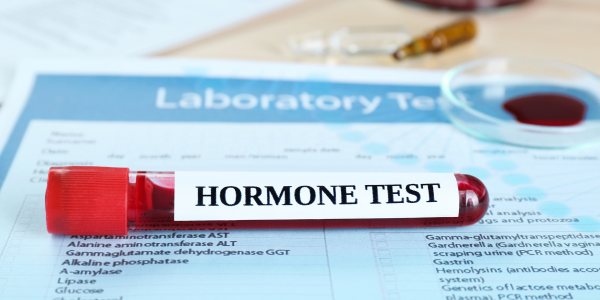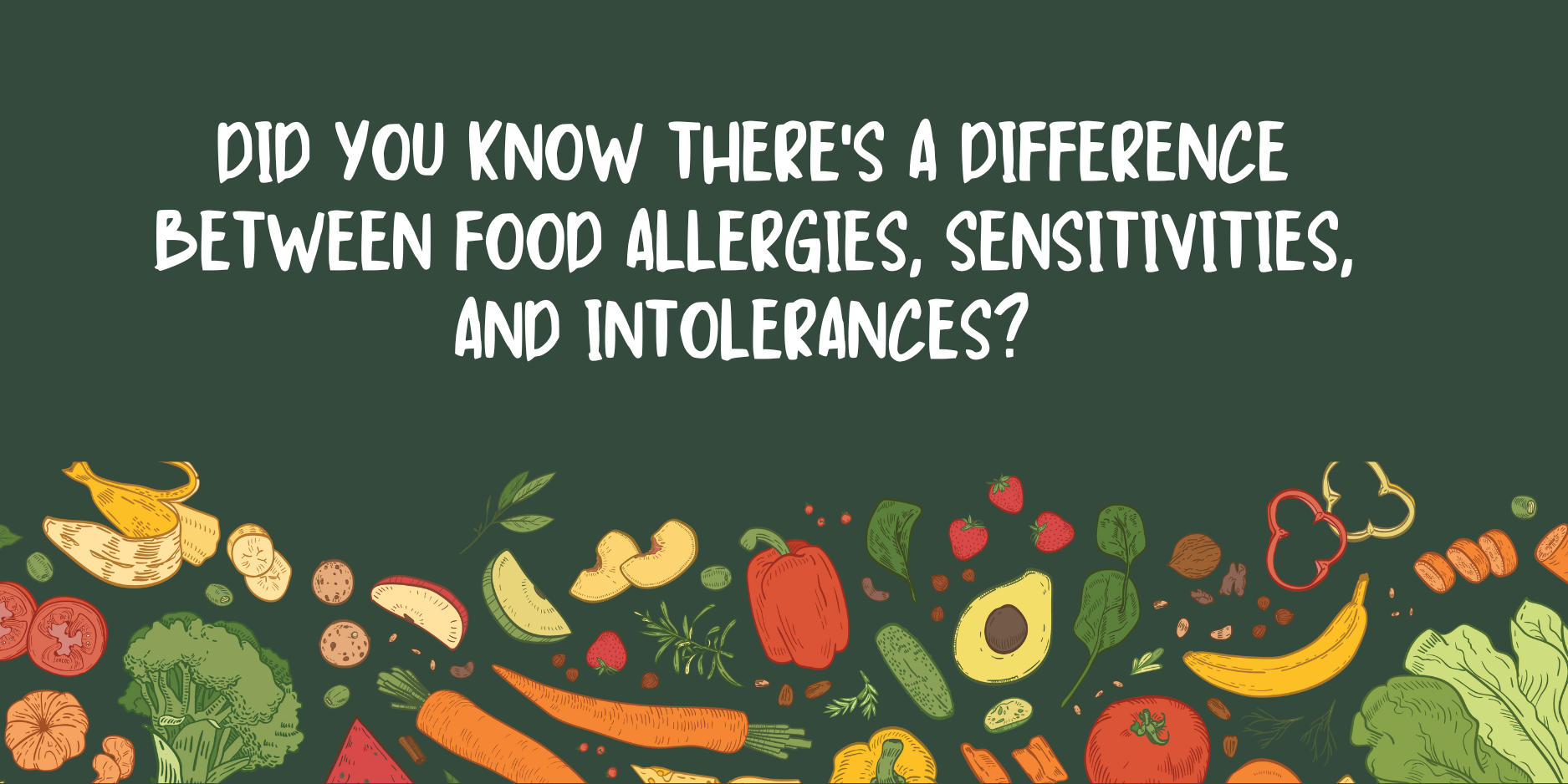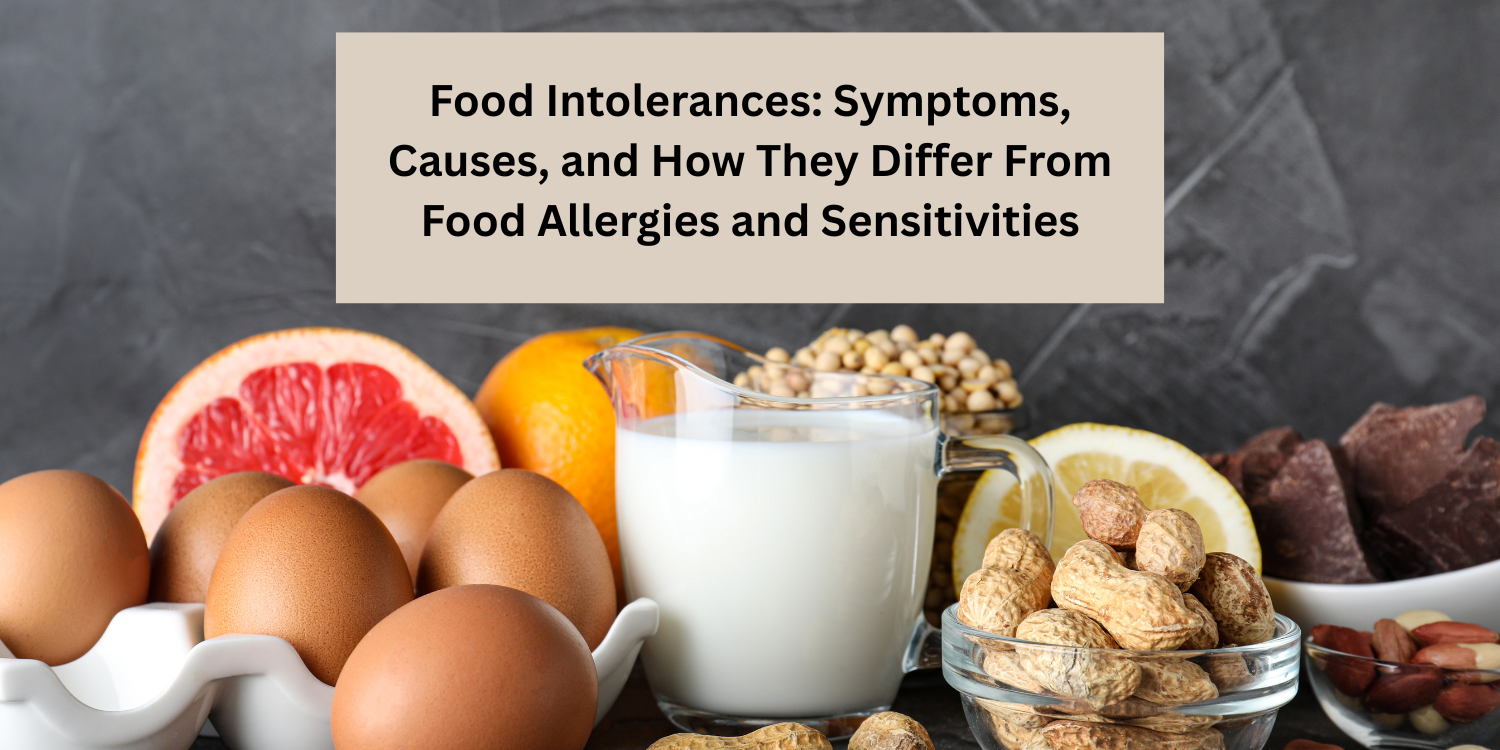

Is stress making you sick, fat, and old before your time? Learn how, and what to do about it!
Let’s Talk About Stress!
Chances are you have experienced stress at some point in your life. Life happens, things happen, stress happens, we are human! A symptom or two may have even brought you to the doctor. According to the Institute of Stress, 75 to 90% of all visits to health care providers result from stress-related disorders! That’s a lot! Stress is often underrated in the role it plays in diseases and symptoms, however it’s effects can be quite serious and significant.
How we perceive and manage stress has everything to do with how much or little it affects our body, and therefore our health. Stress can be acute or chronic, meaning very short-lived, or lasting over months to years. Stress is defined as a state one experiences when there is a mismatch between perceived demands and our perceived ability to cope with those demands. Stress is stress of any kind, and includes mental/emotional, physical, internal and external environmental stresses. An important concept to review is that all of the stresses we encounter add up to one big load on the body, called total allostatic load. It is a similar concept to “the straw that broke the camel’s back” concept in that it was not the tiny straw that actually broke the camel’s back, it was the sum total of all the weight that was loaded on prior to the last straw being added. Your body works in a similar way. Rarely will it be one large contributing factor, however it is more commonly the sum total of all of the “little” stresses that add up to the big picture of how you are feeling today.
Let’s get into the science a bit before we go on! When the stress response is initiated, the sympathetic nervous system (fight or flight) is activated, which leads to a whole host of biochemical responses. There are over 1400 chemicals reactions that occur in our body as a result of stress. Of those, there are three key stress hormones, adrenaline, aldosterone, and cortisol. When a stress signal is received by the brain in the cerebral cortex, it signals the hypothalamus to put out a chemical called CRH, which then triggers the anterior pituitary to release ACTH, which then signals the adrenal cortex to release cortisol. If the stress is an acute stress, a signal also gets sent to the adrenal medulla to release adrenalin.
We all know what an acute stressful event feels like. You may experience anxiety, sweating, hot flashes, palpitations, high blood pressure, hypervigilence, and difficulty getting to sleep. Acute stress also has significant cardiovascular effects, which have been well documented.
– The Los Angeles County Coroner reported a sharp increase (5x) in cardiovascular disease related sudden deaths on the day of the Northridge earthquake. NEJM 1996;334:413-419
– 25% increase in myocardial infarction admissions in London on the day of the soccer match when England lost to Argentina in penalty shootout during 1988 World Cup BMJ 2002;325:1439-1442.
– 1623 heart patients tracked in a study and asked, “What happened the two hours before your MI?”
– Anger increased risk of MI by 230%! Mittleman et al, Circulation, 1995, vol. 92
If stress persists, cortisol will rise and may result in symptoms like increased belly fat, high diastolic blood pressure, depression, memory loss, increased viral and fungal infections, awakening between 1-3 am, and mild hypothyroidism to name a few. If stress is not adequately managed, then DHEA may decrease, causing a decrease in progesterone and testosterone, and you may experience symptoms such as poor responses to stress, decreased libido, estrogen dominance, and infertility. If stress continues to be unmanaged, cortisol, estrogen, and adrenalin may all decrease. This may lead to low blood pressures and fatigue. The list of symptoms that can occur with chronic stress is long! Here are a few:
—Accelerated aging (Kerr et al., 1991; Namiki, 1994)
—Brain cell death (Kerr et al., 1991; Sapolsky, 1992)
—Impaired memory and learning (Kerr et al., 1991; Sapolsky, 1992)
—Decreased bone density; increased osteoporosis (Manolagas, 1979)
—Reduced muscle mass (Beme, 1993)
—Reduced skin growth and regeneration (Beme, 1993)
—Impaired immune function (Hiemke, 1994)
—Increased blood sugar (DeFeo, 1989)
—Increased fat accumulation around waist / hips (Marin, 1992)
Of note, these symptoms do not necessarily happen in the order I just described. Medicine is both a science and an art, and rarely do a patient’s symptoms for any illness or disease process, including stress, occur exactly like the textbooks say! Remember, you are all individuals, with different genetics, environmental exposures, lifestyles, and histories, so you cannot expect to all have the same presentation of any disease or process, including your response to stress!
So, now that you know all about stress, what do you do about it?! Here are the top 8 things you need to be doing manage your stress:
1) Proper Nutrition: Give your body what it needs to thrive
2) Avoid Excess Caffeine and Alcohol
3) Get Plenty of Sleep: Between 7-9 hours per night
4) Exercise: In Nature if possible
5) Social Support
6) Practice Appreciation, Gratefulness, Forgiveness, Love and Kindness
7) Practice Effective Communication
8) Have a Relaxation Practice:
-Meditation
-Breathing
-Biofeedback
-Guided Imagery
-Prayer
-Coloring
For a great guide to get started with stress management and taking control of your health, click here. This guide has the fundamentals for getting started with nutrition, exercise, sleep, stress management, and avoiding the top environmental toxins. For a more in depth evaluation and personalized treatment plan, you will want to work with a Functional Medicine physician who can guide you through the process of finding and treating the root causes of your symptoms. For more information on what Functional Medicine is, and how it can help you, click HERE.
Share:
Social Media
Most Popular Posts
Subscribe To Our Newsletter
Related Posts

Understanding the Essential Labs for Women on Hormone Replacement Therapy (HRT)
So what are the minimum labs we’re looking at when we do hormone replacement therapy? We obviously want to look at an estrogen level, so

How to figure out the right amount of HRT in women
What about checking lab values when you’re on hormone replacement therapy? I do find it to be helpful, but we also want to consider symptoms.

Did you know there’s a difference between food allergies, sensitivities, and intolerances?
Did you know that there’s a difference between food allergies, food sensitivities and food intolerances? Food allergies, the reactions tend to happen pretty immediately and

Food Intolerances: Symptoms, Causes, and How They Differ From Food Allergies and Sensitivities
Eating a wide variety of whole foods is a key way to ensure a nutrient-rich diet full of vitamins and minerals. But what happens when
